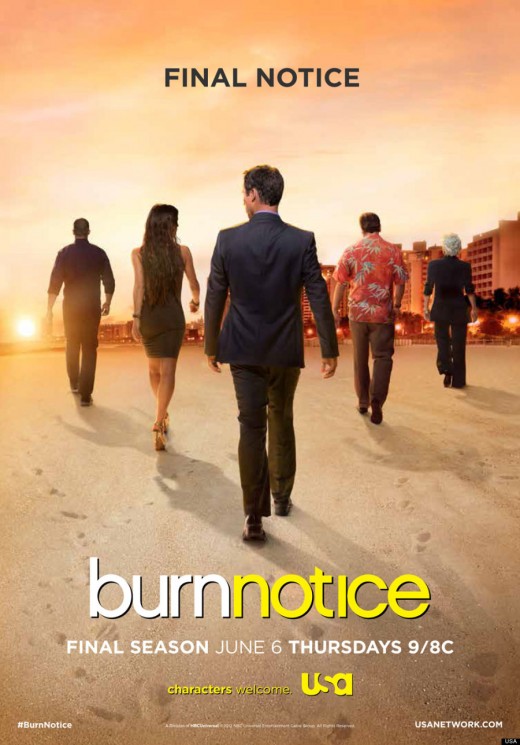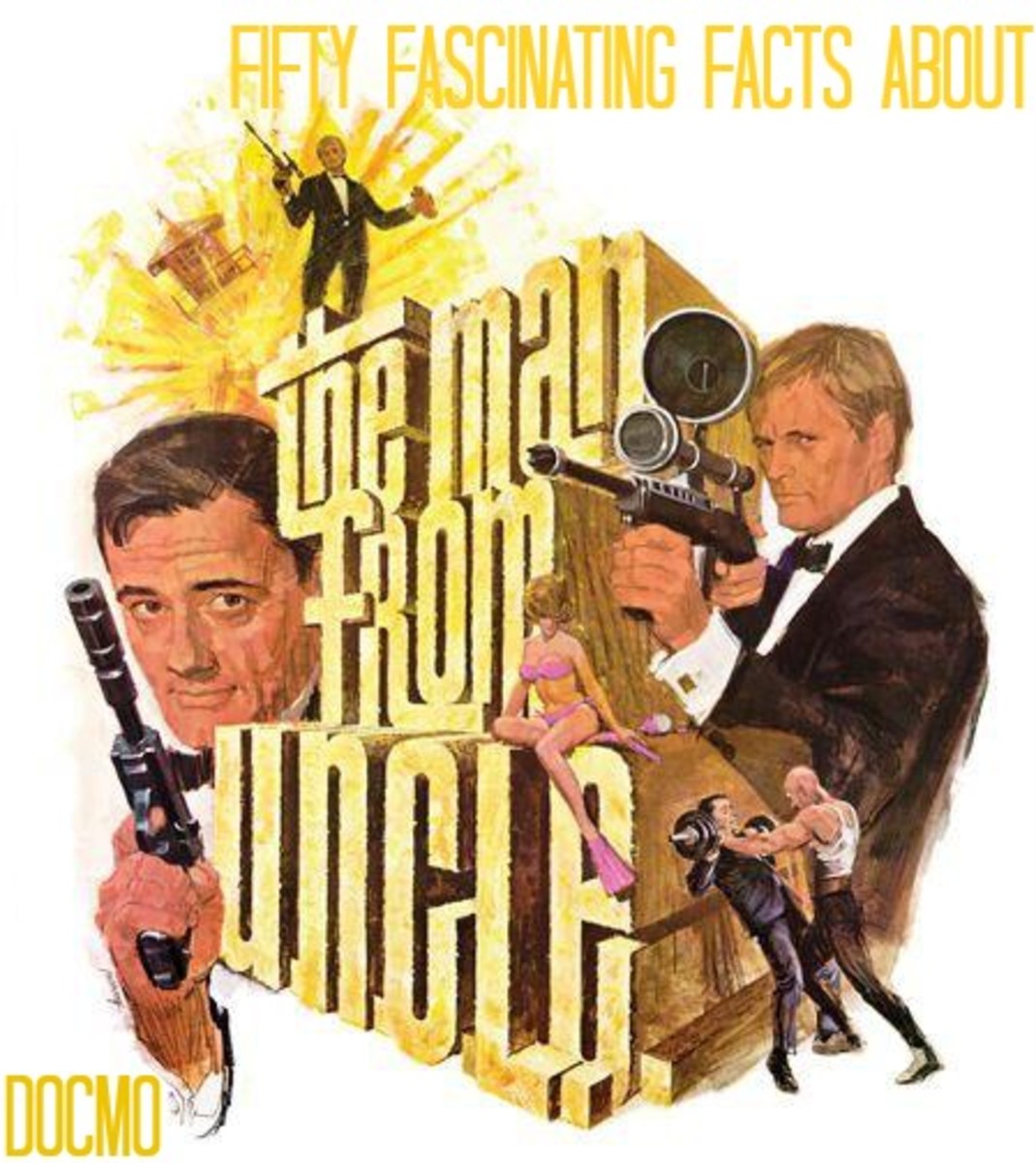Writing Your Own "Burn Notice"

A Bit of Explanation
'Burn Notice' was an American television serial in which a spy, Michael Weston, is given a burn notice; meaning he is discharged.
Just like that. With no reasons, no discussion.
I am using the term in reference to people who get themselves fired; whether from a job, a club, a relationship. People who do something or a set of things, or have an attitude, which means no one wants them around.
This self destructive behavior I call writing their 'Burn Notice'
Using Examples
One of the easiest professions to examine for those who write their own 'Burn Notice' is acting. Actors seem to fall prey to a set of fantasies greater than the last role they played.
An Actor doesn't seem 'to get' that the public watches the program because they love the character he is playing. The character, not often his 'real' self.
The public doesn't differentiate between the actor and the character. One assumes the actor, who is playing that role comprehends that people may not care about him, they care about the character that he portrays.
Most actors do not grasp the connotation. This often leads to a kind of insanity in which the actor doesn't just confuse himself with the character he plays, but behaves in such a manner as if he thinks he is that character, and irreplaceable.

Kookie; lend me your Comb
Edd Byrnes was an actor who appeared in a TV show called "77 Sunset Strip". He played a character called 'Kookie' and was very popular.
The star of the show was Efrem Zimbalist, who played a private investigator. Kookie was a parking valet.
Teens related to him, as he was always combing his greasy pompadour hair and spoke the slang of the late 1950s.
A song was made; "Kookie, Kookie--Lend Me Your Comb", which reached #4 on Billboard. Byrnes received 15,000 fan letters a week.
Byrnes walked off the show in the second season demanding a bigger part and bigger pay. The producers eventually agreed but at a price. They put restrictions to limit his appearances on other presentations.
Because of this contractual obligation, Byrnes was forced to turn down film roles in Ocean's Eleven (1960), Rio Bravo (1959), North to Alaska (1960) and The Longest Day (1962).
The only way to 'escape' would be to buy out his television contract but it was too late.
Had Byrnes not been so demanding, had he understood people didn't care about Edd, they liked Kookie, he'd not have made so many demands. He would have been able to leave the show, take parts in movies and perhaps, gone on to be a major star. Instead, he became someone most people never heard of.

LA Law
Harry Hamlin had bounced around for a number of years, appearing in nothing much. Then he stared in the series L.A. Law in 1986.
His character was very popular. In 1987 he decided to leave the series and go on the Big Screen. This was wholly unsuccessful. Since then, he has appeared in B movies and direct to video features.
His popularity went to his head. Being voted one of the 50 Sexiest Men alive in 1986 pushed him over the brink.
Not realising that the public liked the character, not him, he lost the character. The show continued, without him.
He went into oblivion.

CSI
Gary Dourdan was cast in the original CSI which debuted on October 6, 2000. He played analyst Warrick Brown. It was good role, as the character was quite complex.
The public loved him. Then, in 2008 came the contract negotiations.
Since he was so important, he could make demands. As a result his contract was not renewed he had to leave the show. To make sure he never came back, his character was killed at the episode's end.
What happened to the guy behind the character? The real person?
In 2008, Dourdan was arrested for possession of cocaine and ecstasy.
In July 2011 after crashing his car, Dourdan was arrested but charges were dropped for drug possession but remained for possession of drug paraphernalia.
In November 2011, he was arrested for felony battery after allegedly breaking his girlfriend's nose and placed on five years probation.
He was also ordered to attend 52 weeks of domestic violence counselling and to stay away from the victim for five years. With his history of drug problems, he was also ordered to undergo drug counselling.
He filed for bankruptcy in August 2012, owing roughly $1.7 million to creditors.
What Does This Have To Do With....
The three 'case studies' expose one common thread.
Here are three employees, hired to play a role. The public buys the role. The public loves the character. The actor behind the character wants more money, a lot more money.
Those in charge of the show are annoyed. So react. Either they pay the increase but force the actor to sign a contract which prevents him from making other appearances, so has no career, or he doesn't get the sum demanded and is dropped from the show.
In most cases, once dropped he has no career.
This is What...
When you don't realise how people see you, really see you, it leads to extreme errors.
In common businesses an employee may be taken as a joke, but think s/he is respected. One might only be a 'tool' and as long as there is need of the tool, s/he has a place. If the 'tool' complains, an air tight contract might cement the tool in the 'tool box' while real opportunities pass by.
Think of Edd Byrne who could have been...and never was or will be.
A person could be hired for a position because of a momentary need. If s/he thinks s/he is so important that the business can't run without him/her, well, think of Gary Dourdan who went from icon to convict.
Unless you have been offered a position which pays more or gives better benefits, for a real firm, don't write your own 'Burn Notice.'








